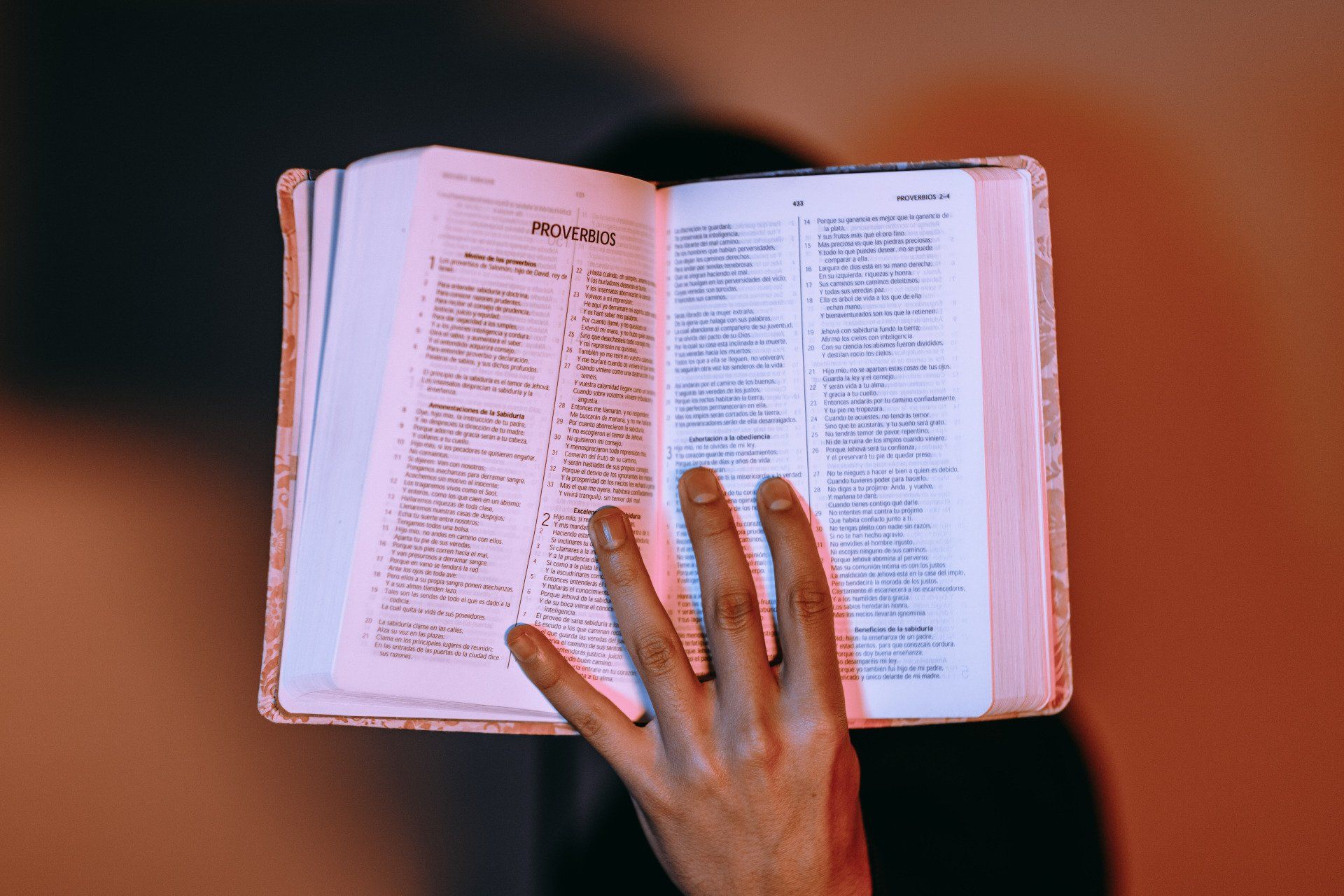Relationships Before Rules: Forming Your Family in Faith
Forming Your Family in Faith
When we think about raising kids in the faith, it’s tempting to focus on what we
do: going to Church, saying prayers, following the commandments. But at the heart of our faith isn’t a rulebook—it’s a relationship.
Our God isn’t just a divine lawgiver. He’s a loving Father inviting us into intimacy, healing, and transformative relationship. As parents, our calling is to grow in holiness and raise godly children—but how do we do that?
Let’s explore three essential relationships that help form a strong foundation of faith in our children: with
Jesus, with
God the Father, and with
us.
1. Relationship with Jesus: Introducing Our Children to Him
We are made in the image of God—reflecting His kindness, freedom, creativity, and love. But we’re also not God, and He knows our limitations. That’s why He gives us rules—not to restrict us, but to guide and protect us.
Hebrews 12:11 says,
“For the moment all discipline seems painful rather than pleasant, but later it yields the peaceful fruit of righteousness…”
We all need structure. But it’s love that motivates obedience—not fear. That’s why one of the most important things we can do is help our children fall in love with Jesus.
In programs like Catechesis of the Good Shepherd, even preschoolers are introduced not just to Bible stories but to the
person of Jesus—His heart, His kindness, His presence. When our children know Him, they’re not following rules out of obligation, but out of relationship.
2. Relationship with God: Modeling a Life of Faith
Our own relationship with God matters deeply to our children's relationship with Him. Children notice whether our faith is something we check off on a to-do list—or whether it's the source of our peace, joy, and direction.
Josh McDowell once said:
“Rules without relationship result in rebellion… or in outward obedience with inward arrogance, anger, or anxiety.”
Is that true?
We’ve all seen it—those who follow the letter of the law but lack the heart behind it. Without a deep relationship with God, rules feel rigid, cold, and authoritarian. But with Him? There’s
grace. Friendship. Trust.
Like any relationship, it takes time: prayer, gratitude, the sacraments, seeing God’s hand in the little blessings—yes, even in a great parking spot.
The more positive encounters we have with God, the more we move into what psychologists call
Positive Sentiment Override (PSO). In other words, we assume the best about God—even when life gets hard. And that’s a relationship worth modeling for our kids.
3. Our Relationship with Our Kids: Parenting Through Connection
Here’s the heart of it: relationship comes before rules in parenting too.
We’re not just disciplinarians—we’re mothers and fathers made in God’s image, raising children who are made in His... and ours. They may inherit our freckles or our stubborn streak, our curiosity or our insecurities. And yes, they need structure. But what they need first is connection.
When our relationship with our children is strong, they’re more likely to trust us, listen to us, and follow our guidance—not just because they have to, but because they want to.
This comes through:
- Affirming them
- Accepting them as they are
- Appreciating their gifts and humor
- Being available—listening with our eyes, asking open questions, wasting time together
- Showing affection
- Holding them accountable with love
Three Anchors for Raising Godly Kids
So how do we “train up a child in the way he should go” (Proverbs 22:6)? I believe it comes down to three things:
- Foster your child’s relationship with Jesus.
Let them come to know Him and love Him. Teach them Bible stories with heart questions: What does this reveal about God’s love for you? - Strengthen your own relationship with God.
Live out a faith your kids can see. Let your trust in God shape how you handle stress, sorrow, and joy. - Build a real relationship with your children.
Be silly. Have family dinners. Go on adventures. Plot imaginary crime capers (yes, we do that). And when needed, make the hard calls with love and confidence.
Bonus Parenting Tools:
- Surround them with mentors—youth ministers, godparents, grandparents, faithful adults who all affirm what you are trying to teach them at home
- Invite them into spiritual opportunities: "Want to come to adoration and donuts?” “Confession and coffee?” "Slurpees and sacraments?" (Yes, bribery works!)
- Explain your ‘non-negotiables’ lovingly. Like medicine they don’t like, some things are required for their good.
Final Thoughts
Raising kids in faith isn’t about creating mini rule-followers—it’s about forming hearts. When our children know they are deeply loved by us and by God, they are far more likely to follow His ways.
So start with relationship—with Jesus, with the Father, and with you. From there, the rules don’t feel like restrictions. They feel like a roadmap to the joy-filled life God designed them for.
Thanks for reading. I’d love to hear your thoughts—comment below or reach out!









